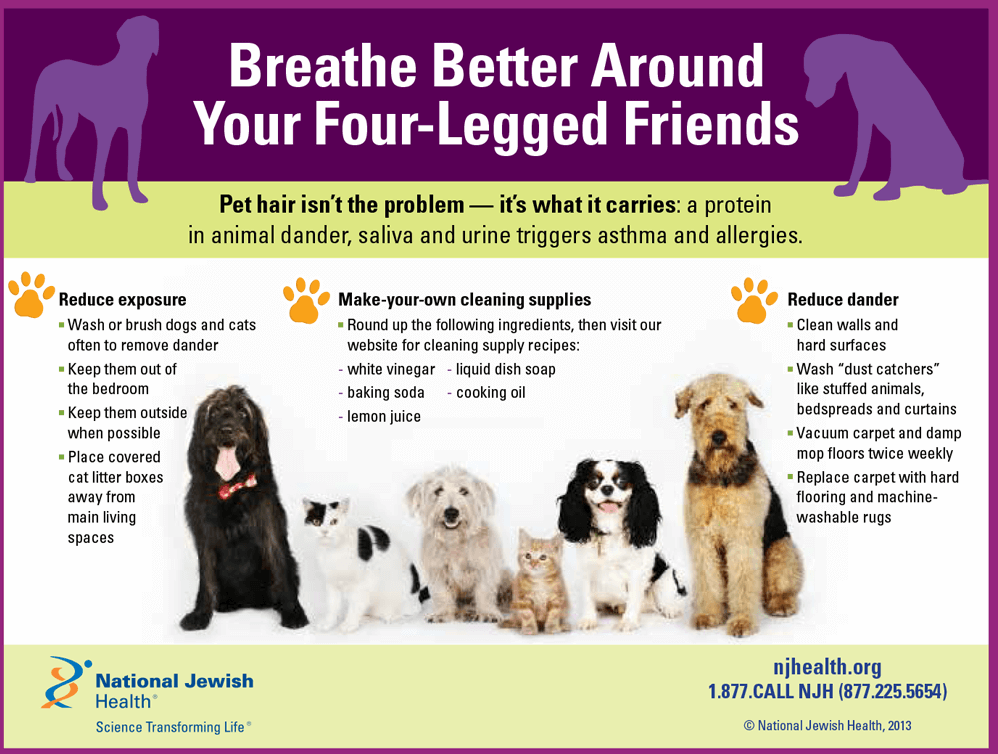Dog Daycare And Vaccinations
Dog Daycare And Vaccinations
Blog Article
What Vaccinations Are Required For Dog Daycare?
Whether your canines hang out at daycare or boarding facilities, they need to be up-to-date on all of their required vaccinations. Core injections include Bordetella, rabies and DA2PP, which guard against common diseases that dogs are exposed to when in close contact with others.
Non-core vaccinations include canine influenza and leptospirosis shots. These are advised for puppies that mingle with various other pets often.
Core Vaccines
As an essential part of preventive treatment, pet dog vaccines help maintain canines secure from contagious diseases transferred via direct call or contaminated surface areas. Vaccinations promote the body immune system to develop antibodies that combat condition, and most vets consider core pet dog vaccinations to be important for all pet dogs.
Rabies
Most trustworthy dog day care centers require that your family pet be up to date on their rabies inoculation. Vaccinations are administered to young puppies as very early as 12-16 weeks old, and boosters are needed every three years or two till their adult years. Rabies is a deadly viral condition that spreads with saliva, typically from bites. A lot of states require rabies vaccinations for all pet dogs and pet cats, and some even mandate rabies boosters for animal proprietors.
Distemper/Parvovirus/Adenovirus (DHPP).
This mix vaccination covers canine distemper, parvovirus, hepatitis, and adenovirus, all of which are very transmittable. Most veterinary offices supply DHPP vaccines as one shot or in a series of two to four shots, provided 2-4 weeks apart, adhered to by a yearly booster. This vaccine is a need for the majority of boarding and dog daycare facilities, as well as several groomers.
Bordetella/Canine Parainfluenza Vaccine.
Bordetella bronchiseptica, commonly referred to as kennel coughing, top rated dog boarding near me is a very contagious breathing infection triggered by the microorganisms that creates the condition. Symptoms include persistent coughing, sneezing, nasal discharge, and fever. The majority of kennel coughing episodes occur in crowded environments, such as day care or boarding facilities, and are especially typical in warmer weather. This vaccine is a requirement for many daycare and boarding facilities, and is typically provided in a combination with the DHPP injection.
Leptospirosis Vaccination.
This is a bacterial illness that spreads with polluted water, dirt, and pee. Infection can cause kidney and liver damages, in addition to death, and is transmissible to humans. Many vets will recommend this vaccine, based on geographical place and way of living of the pet, for pet dogs that hang out outdoors or at boarding facilities, as well as some groomers. This vaccine is usually carried out as a collection of 2 to 4 shots, spaced 2-4 weeks apart, with an annual booster required for most animals.
Lyme Illness Injection.
The most common tick-borne condition in the USA, Lyme condition is transferred by the deer tick and can result in fever, joint discomfort, muscular tissue discomfort, and loss of appetite. The Lyme disease vaccine protects against the most common stress of the infection, including the H3N8 and H3N2 strains. The majority of vet facilities suggest this injection, specifically in risky areas, such as the Northeast, upper Midwest, Mid-Atlantic, and along the Pacific shore.
Noncore Vaccines.
Other dog vaccinations, while not needed for all family pets, are recommended based upon the pet dog's way of life and geographical area. These consist of the following:.